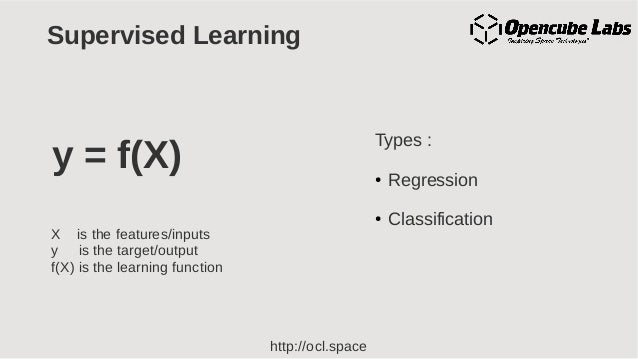

One more thing to consider with live corporate training. This is a typicalĬriticism (in fact, most if not all of my clients have on-demand courses inĪddition to live training because they want their employees to have certain skills and most TheĮmployers are not getting the value out of these courses. Good, most employees are not motivated nor incentivized to go through it. I talk to manyĬompanies that spend money on on-demand courses (full-disclosure: I have createdĬontent for many of these courseware providers), and while the content may be We already used some of the skills to debug two different production issues. “Nice breadth, very practical, easy to follow along. Here is a quote from a manager at a large video company: Corporate Training is the quickest way to get your team on the same page. Good trainers can facilitate discussions thatīring out customers issues and solutions to those quickly. They can address any issues or questions they have immediately withĪ knowledgeable instructor. Your team will be on the same page at the end of the day. (I said work because training can be intense). There is something to be said about getting a team together and having If you are a corporation, treat your employees well, and considerĬorporate training. I literally tell and enable people to do amazing things with Python that cure most ails.) Are You a Corporation?įirst things first.
#Task coach python full
( Full disclosure: I make my living selling snake oil. The answer really depends, but after teaching Python to thousands over many years, I have a few opinions on the topic. It fit my brain, and I never looked back even though I have used Java, C#, Clojure, JavaScript, and other tools since.Ī common question I get these days is: what is the best way to learn Python? I'm going to answer that with a staple of data science, a decision tree. When I learned Python in 2000, it was frowned upon as a less expressive Perl.

Today Python is ubiquitous and one of the top languages used to develop applications, analyze data, create predictive models, manage servers, and more. That's not quite true, Python was a niche language 20 years ago. How does the saying go? The best time to learn Python was 20 years ago. TLDR: There is a great demand for Python skills.


 0 kommentar(er)
0 kommentar(er)
